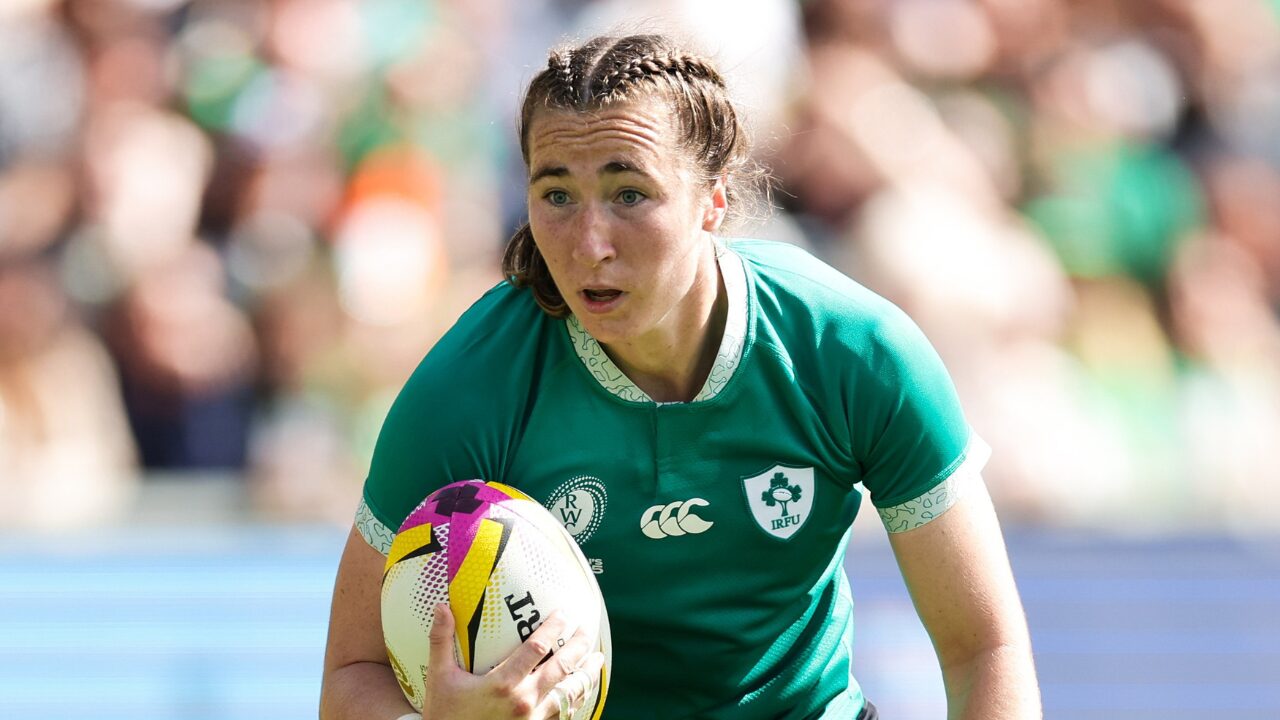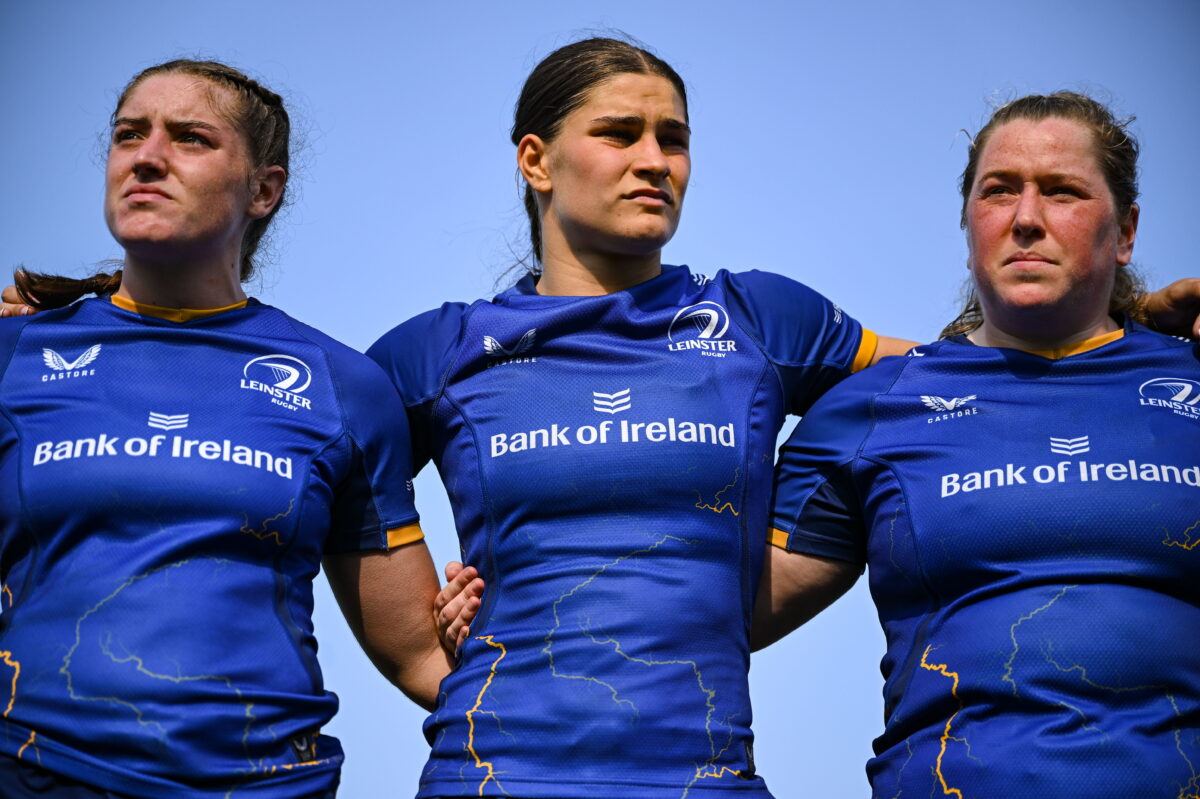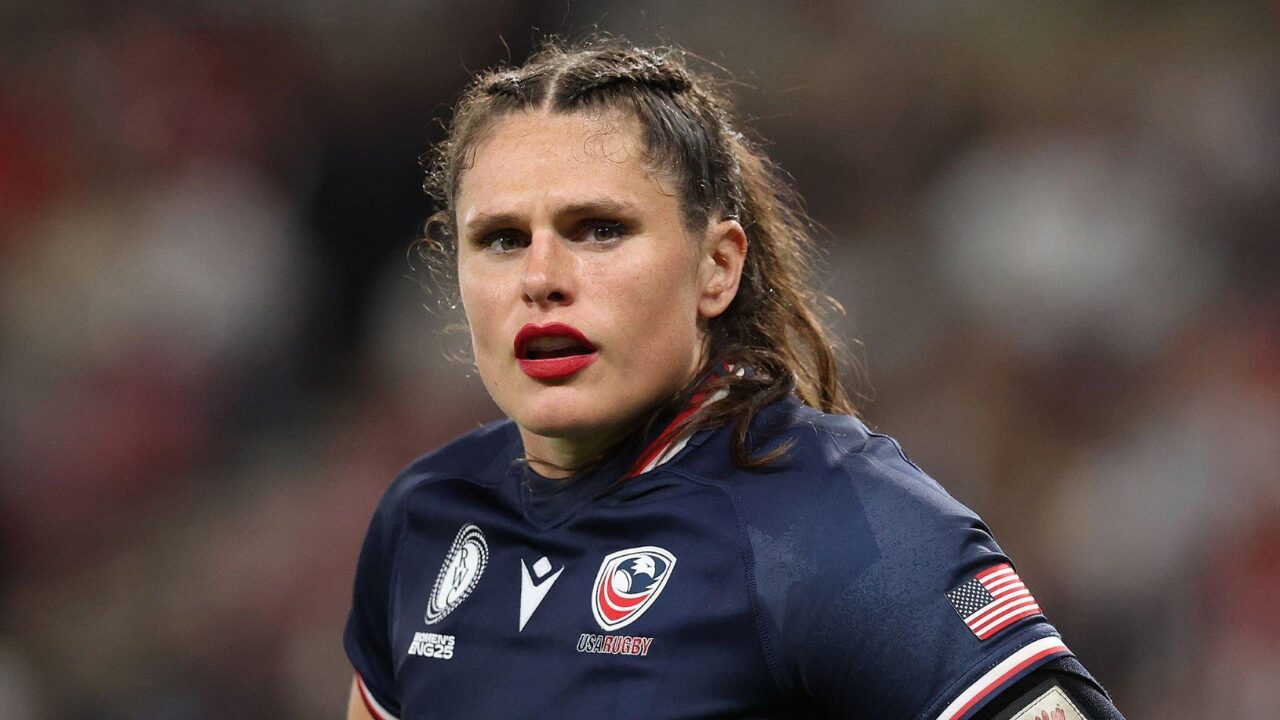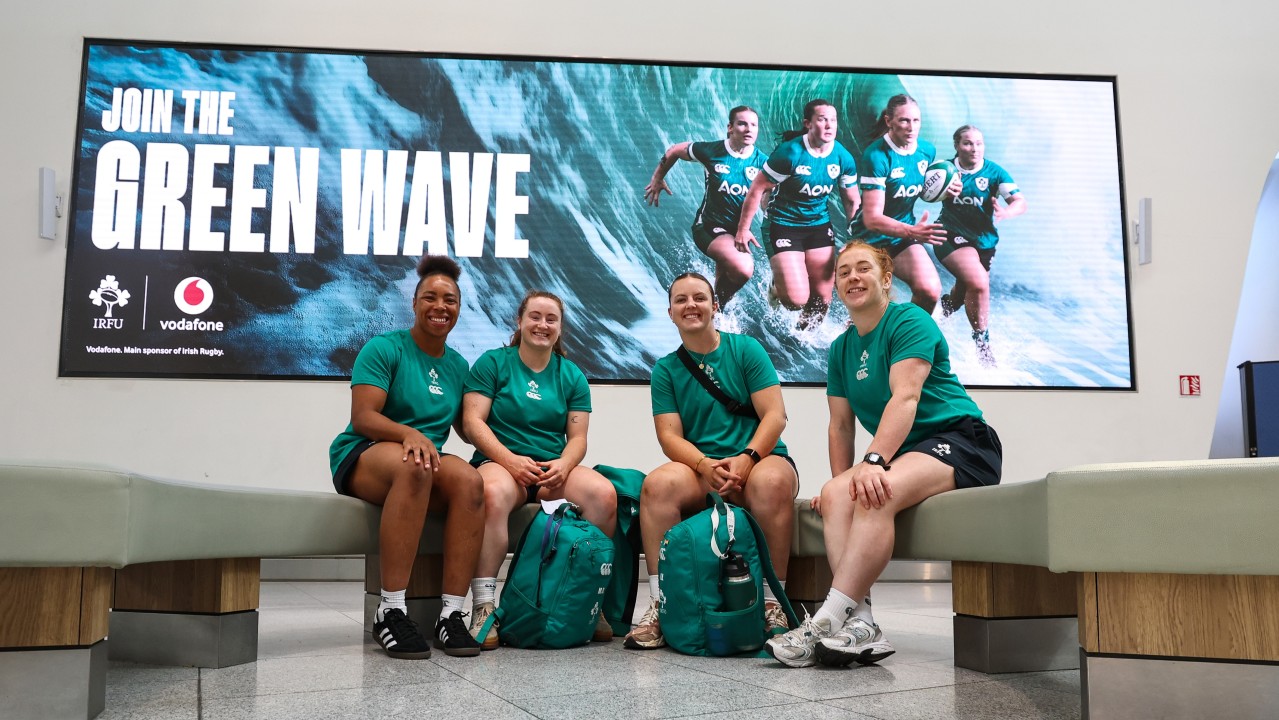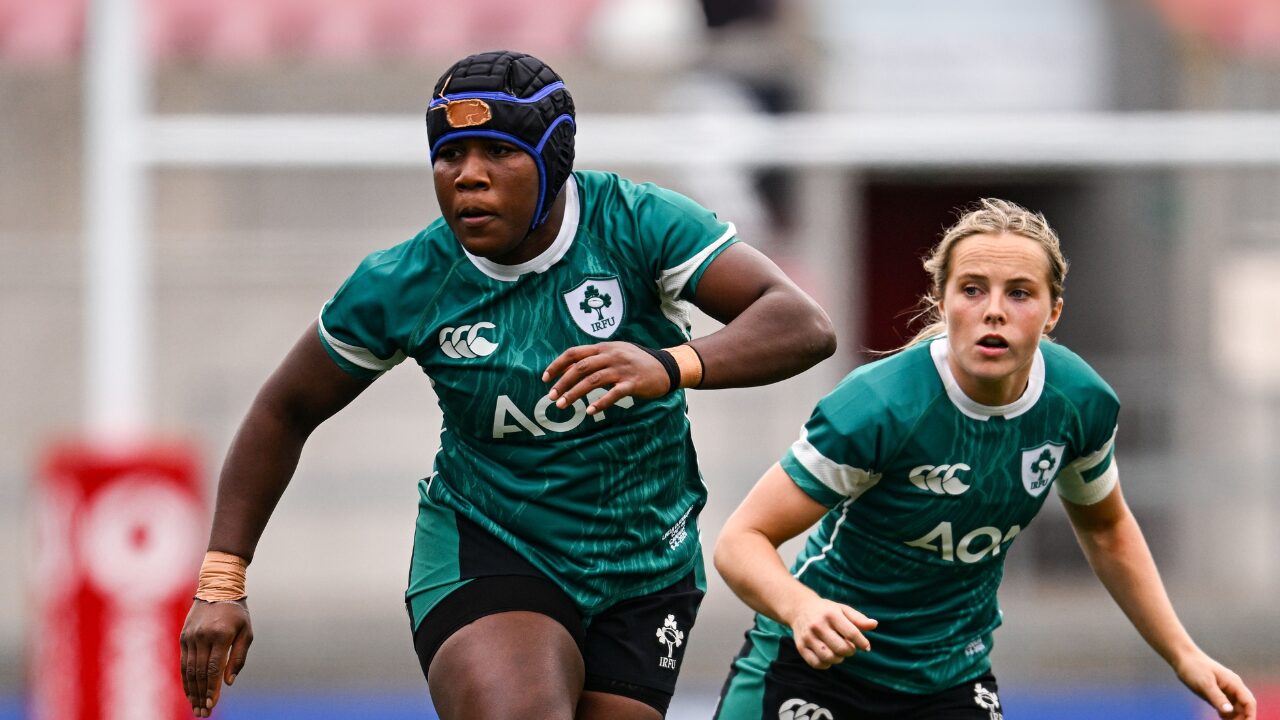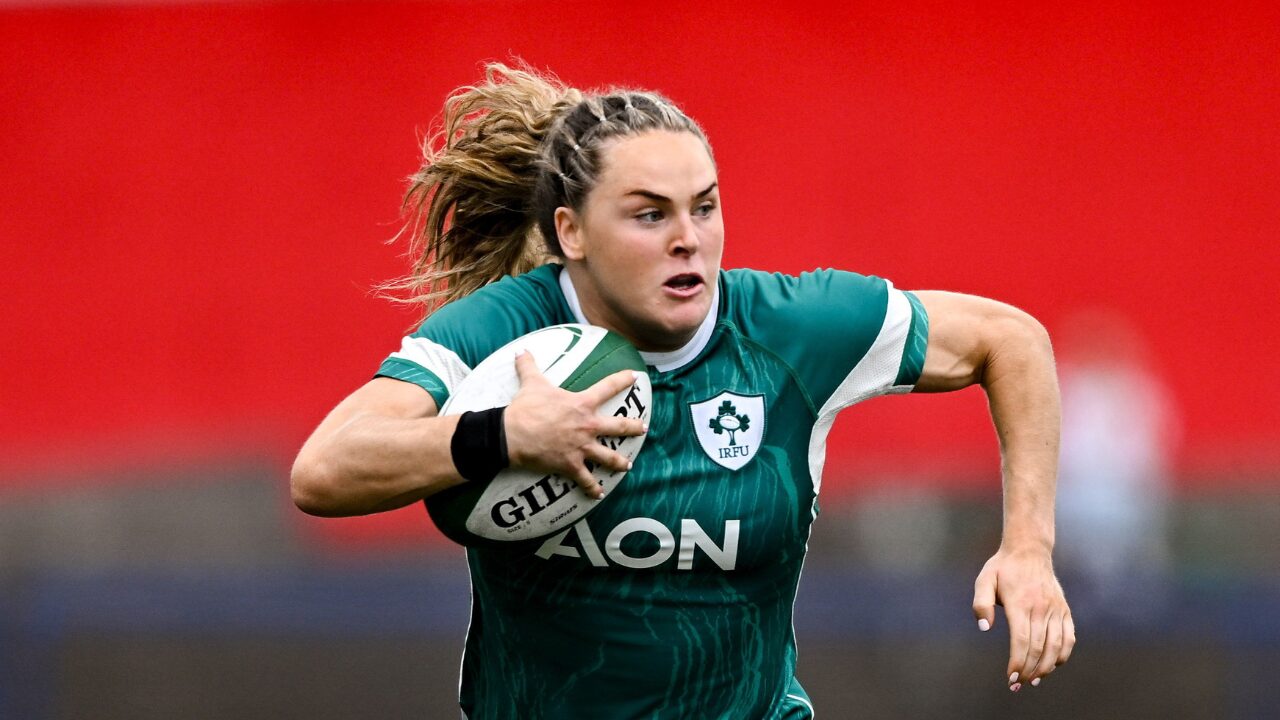The most valuable asset held by any sports organisation is its intellectual property (IP). Sports organisations own the copyright to broadcast their matches and register trademarks for competition names, logos and slogans to protect the value of their product. Due to the value associated with those rights, they are typically a target for unauthorised use of distribution.
The increasing global visibility of the Women’s Rugby World Cup highlights the significant value and risk of exposure of its intellectual property assets. Effective management of these assets involves navigating a range of challenges, including: unauthorised broadcasting, counterfeit goods, ambush marketing and protest actions, all of which typically intensify around major international tournaments.
As digital platforms and social media continue to expand, the methods by which these rights can be infringed or exploited are evolving rapidly. Rights holders such as World Rugby are regularly required to balance multiple interests, including the enforcement of commercial rights, obligations to sponsors and partners, and the broader promotion of the sport.
How intellectual property rights can be threatened
Common examples include unlawful live streaming of fixtures, counterfeit merchandise, unauthorised ticket resale, and improper use of official logos or branding. With the rise of digital platforms, pirated streams and fake goods have become easier to produce and distribute causing significant financial loss and damage to the integrity of sport.
The threat to intellectual property is most acute around major tournaments where the coverage of the sport is at its height. Thanks to the increase in popularity and the development of women’s rugby globally, the Women’s Rugby World Cup will be faced with that challenge.
Commercial sponsors and their rights
The Women’s Rugby World Cup has five principal partners: Mastercard, Capgemini, Gallagher, Asahi and Defender. Each brand will have paid a significant fee to be associated with the tournament and committed to media budgets to maximise their partnerships with the Women’s Rugby World Cup.
Under the terms of that partnership, World Rugby is obliged to protect the rights licensed to the principal partners and to take action against any parties that seek to associate themselves with the Women’s Rugby World Cup without prior authorisation.
Ambush marketing is the term used when a brand associates itself with a sport or event where its association has not been authorised and it is not an official partner.
One of the highest profile ambush marketing campaigns was undertaken by the bookmaker Paddy Power during the 2012 Olympic Games in London. Paddy Power launched a billboard campaign which declared it was the “official sponsor of the largest athletics event in London this year”, but in small print below, stating that it was referring to “London, France” where it had sponsored an egg and spoon race. The London 2012 organising committee threatened to bring legal proceedings for the billboards to be removed but then resiled from that position, allowing Paddy Power to leave them in place. Rights holders, such as World Rugby, will take steps to minimise the impact of any such ambush marketing campaigns.
It is likely that World Rugby will monitor counterfeit merchandise, ambush marketing campaigns, and unauthorised activity on social media platforms and enforce their rights by issuing ‘take down’ notices or face legal proceedings.
Broadcasting rights at the RWC
With broadcast rights spanning over 50 countries globally, the Rugby World Cup attracts an international audience of millions. In 2023 the Men’s Rugby World Cup was broadcast to over 850 million viewers worldwide, with media rights forming a major portion of World Rugby’s income. World Rugby licences its broadcast rights to broadcasters in each country. For example, the BBC has secured exclusive rights to broadcast every game of the 2025 Women’s Rugby World Cup in England, with select matches to be shown on the BBC’s linear channels. Meanwhile, each game will be available to watch live on the BBC iPlayer and the BBC Sport website and app. RTÉ has secured the rights to broadcast the tournament in Ireland.
Illegal streams – often hosted on offshore websites or social media platforms – can attract hundreds of thousands of viewers and deprive official broadcasters of revenue. However, the risk of illegal streaming of the Women’s Rugby World Cup is less likely in Ireland and the UK as it will be available to watch on terrestrial TV, rather than on paid subscription channels.
World Rugby has previously focused its enforcement actions on the unauthorised use short clips by third parties. During the Men’s Rugby World Cup in 2023 a video setting out an analytical review of the final and a video from rugby referee Wayne Barnes commenting on a player’s behaviour after receiving a yellow card were both taken down following copyright claims from World Rugby.
World Rugby must balance the positive exposure that such clips give the growing sport of women’s rugby with protecting the broadcast product that it has licensed to TV broadcasters.
Shock campaigns
Environmental campaigners have increasingly targeted sports events to publicise their campaigns to maximum effect, thanks to their large audiences. Ahead of the Men’s Rugby World Cup in 2023, Greenpeace released a video depicting the Stade de France drowning under a tide of oil in protest against Total Energies’ sponsorship of the tournament. In the same year, a Just Stop Oil protester jumped onto a snooker table and covered it in orange powder during the World Snooker Championship.
Conclusion
Approaches to enforcement and engagement will likely continue to develop in response to these shifting dynamics and the ongoing growth of women’s rugby worldwide.
________
Ogier is Ireland’s leading sports specialists, supporting women’s sports.
Why cricket and rugby are missing trick by clamping down on YouTubers

